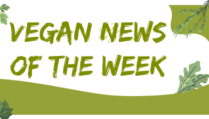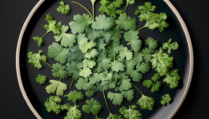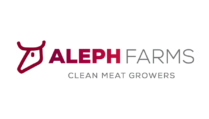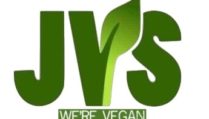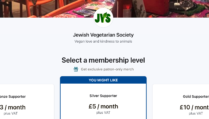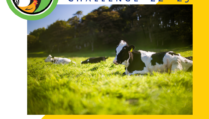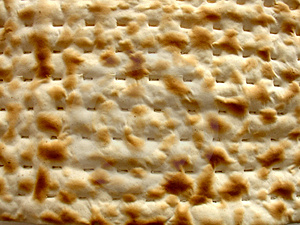by Professor Richard Schwartz
Today there is no need to cook or eat meat on Passover. The eating of the Paschal lamb is no longer required now that the Temple in Jerusalem is not standing.
One is obligated to commemorate this act, not to participate in it.
The late Dayan Feldman stated that mushrooms, which have a fleshy appearance, may be used on the seder plate instead of a shank bone to commemorate the Paschal lamb. Rav Huna, a Talmudic sage, used a beet (beetroot) for the same purpose. In a personal note to the author, Rabbi David Rosen, former Chief Rabbi of Ireland, pointed out that the objects on the seder plate are symbolic, and hence there is no sin in improvising. He suggested that vegans use a beet to represent the Paschal offering (instead of a shank bone), and a mushroom to represent the Festival offering (instead of an egg).
The proper celebration of Passover requires the absence of leaven and the use of unleavened bread, which we are commanded to eat “throughout your generations.” There are many vegetarian recipes that are appropriate for seders and other Passover meals, a number of which can be found in several recent books and on the website of Jewish Vegetarians of North America.
Because Passover is the celebration of the redemption of the Israelites from slavery, we should also consider freeing ourselves from the slavery of harmful eating habits. As our homes are freed from leaven, perhaps we should also free our bodies from harmful foods. Because Passover is a time of regeneration, physical as well as spiritual, maximum use should be made of raw fruits and vegetables, which have cleansing properties.
There are other Passover themes related to vegetarian ideas. The call at the seder for “all who are hungry to come and eat” can be a reminder that our diets can be a factor in reducing global hunger; 70 percent of the grain produced in the United States is fed to animals destined for slaughter, while almost a billion of the world’s people are chronically hungry.
The Passover theme of freedom may be extended to the horrible conditions of “slavery” under which animals are raised today.
‘The Haggadah for the Liberated Lamb’ (Micah Publications) has many ideas and suggestions connecting Passover themes to compassion for animals that can be used to supplement traditional Haggadahs.

